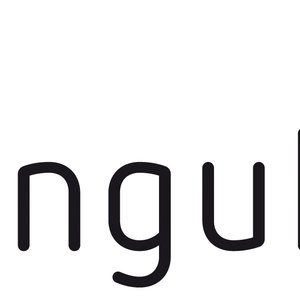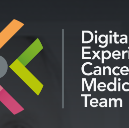Found total of 150 items and showing 12 items on page 10 of 13
Research IT Club – find out more about us and our services!


Manchester Language Documentation Technology Heads to Russia


Thanks to a collaboration between the Multilingual Manchester research unit and the University’s Research IT group, students and citizens in Saint Petersburg will now have access to a Russian version of LinguaSnapp - The University of Manchester’s mobile app for documenting language landscapes.
MANCHESTER-I Your Urban Data Hub for Research and Teaching


The Triangulum team introduce Manchester-I, a single data hub to bring together urban data from across the city and the University.
Research IT Club Feb Presentations Available


Thank you to everyone who came along to the latest Research IT Club and especially those who took the opportunity to ask questions! To see presentations on the latest news from the Research Lifecycle Programme, research infrastructure and software engineering and applications support as well as a fantastic example of our research software engineers in action, click on the links below.
Developing New Ways of Comparing Ancient Documents


Nicolas Gruel, a research software engineer from Research IT has been working with Prof Peter Pormann (School of Arts, Languages and Cultures) to easily compare interpretations and translations of a collection of around 60 early Ancient Greek medical works associated with the physician Hippocrates.
Technology makes light work of hard decisions


One of our research software engineers (RSE), Rob Dunne, has been embedded in a team working to facilitate decision-making for cancer patients who may benefit from experimental treatments in early clinical trials.
Start of Year Drop-in Sessions


We're already looking forward to 2018 here in Research IT with the announcement of our first set of dates for our drop-in sessions.
These sessions are specially designed to help quickly answer any queries, questions or issues you may be having with research IT services including software help, data visualization, research data management, access to HPC resources and much much more.
Research IT Club November Presentations Online


Thank you to everyone who came along to the latest Research IT Club and especially those who took the opportunity to ask questions! The presentations are now available from the links below.
Research IT Club Nov - speakers announced!


The next Research IT club will take place on the 29th Nov, slightly earlier so as to avoid clashing with Christmas festivities! It will feature updates from our research infrastructure and software engineering teams. Our two feature presentations will look at how Research IT helped to improve the comparison, annotation and mark-up of a collection of scans and the introduction of a new data service for users of NHS data. To attend the event please register so we know how much coffee to order in!
Research IT Club Presentations October 2017


Thank you to everyone who came along to the latest Research IT Club and especially those who took the opportunity to ask questions! The presentations are now available from the links below.
Write Software as Part of Your Research?


Have you heard of Software Carpentry (SWC) and Data Carpentry (DC)? Both organisations have the aim of upskilling researchers so they can upgrade their computational and programming skills and their data analysis skills respectively through a series of workshops and “train the trainer” events.
Research IT Breathe New Life into Mary Hamilton Papers


Researchers in English Linguistics from the School of Arts, Languages and Culture were keen to enhance an existing project website, which allows visitors to view scans and transcriptions of historic documents from the John Rylands collection. A series of enquiries eventually lead them to the Research Software Engineers in Research IT.
